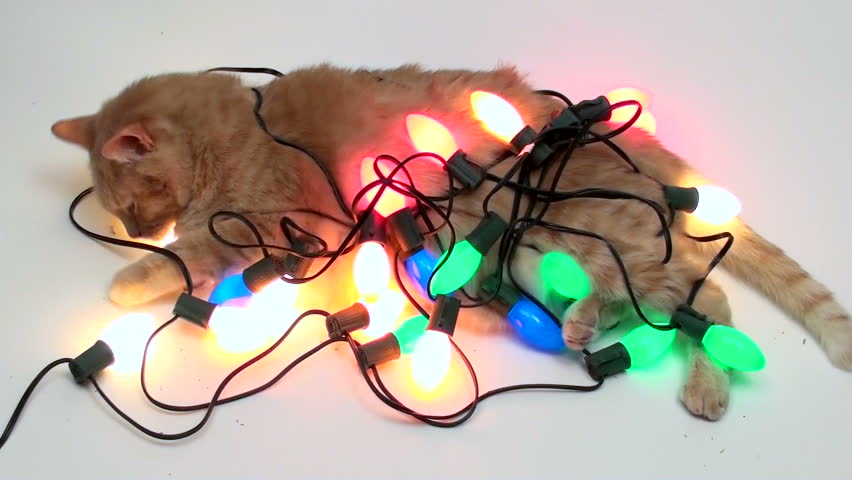‘Twas the Night Before Light Pollution
Christmas lights are hard to detangle and pose a threat to our pets.
December 17, 2018
As you walk down the street during the holidays, it’s hard to miss the flashy lights that are present (no pun intended) on almost everything you pass by. While Christmas lights may seem essential for the holiday atmosphere, we don’t need them to validate Christmas cheer. Without Christmas lights, we would only lose a single source of holiday spirit while avoiding the light pollution and frustration involved with decorating.
Christmas lights contribute to light pollution: the excessive use of artificial lights. This issue can arise from numerous sources, like lighted buildings and outdoor lights, all linked to our increasing dependence on technology. The pollution obscures the night sky, leading to the permanent loss of our starry skies. Outdoor lights also increase the amount of greenhouse gases in the atmosphere. According to the International Dark-Sky Association, it would take almost 702 million trees to absorb the carbon dioxide output from the energy it takes to power the lights. We don’t need to make our global warming situation worse, especially during the holiday season.
The process of arranging Christmas lights is also distressing. Putting them up involves hammering nails into your roof, then abandoning the nails and lights until next December. In addition, the dangers of scaling roofs or balancing atop ladders to arrange the lights is not worth the end result of a short-lived house decoration: 15,000 people checked into the ER from ladder injuries during the holidays in 2013, and the number continues to grow, according to the Consumer Product Safety Commission. One could spend hours setting up something that they would take down a month later. And if they don’t take it down, the lights remain on your house to remind all your neighbors and any cars passing by how lazy you are.
That’s the thing: Christmas lights aren’t practical. We don’t need them for society to function, unlike useful technology such as traffic lights. Even if public lighting contributes to light pollution, at least they’re useful year-round. Christmas lights are arguably “practical” for about 30 days. They aren’t even necessary for Christmas itself- society has provided numerous ways to assert your Christmas dominance through events, gift giving, and do-gooding. Wouldn’t it be better to help others instead of harming the environment for holiday validation?










